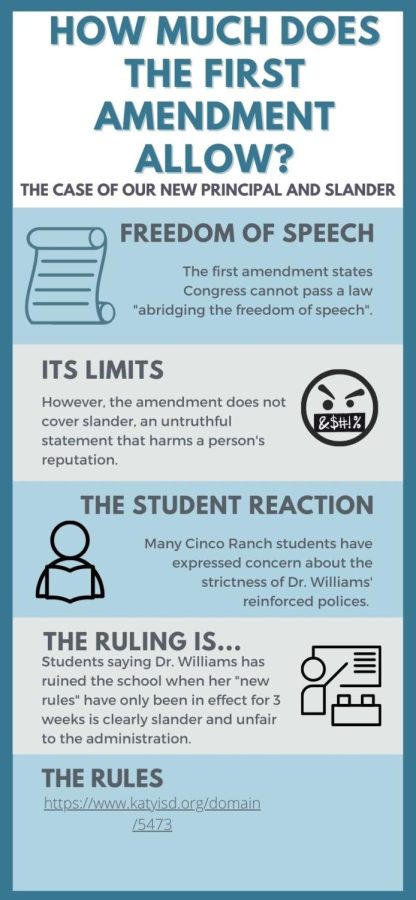“Getting into college will be easy for you because you’re black,” a friend of mine said during one of our infamous conversations about life, liberty and the pursuit of happiness. “You know, you’ve got the whole minority thing going for you, that’s basically your free ride into college.”
My friend’s words hit me like a blow to the stomach, and left me gasping for air as well as the words I could muster in order to keep the conversation from becoming a shouting match.
He separated “black” into two ugly syllables and said it as if I was a runner given a 30 minute head start in a 10 meter dash.
After hearing his statement, I could not help but wonder why his words bothered me. Maybe it was because I realized that in saying that my minority status guaranteed me a free pass into college, all of my efforts were disregarded.
Although there are some students who solely rely on their race as a head start in the college application process, there are still many other minorities who work hard to achieve recognition. Additionally, I could not understand how one of my own friends could make my status as a minority feel like a club membership to a club whose sole purpose was to exclude others.
One’s race should be treated as a part of the student, not a handicap, advantage or club benefit, but when trying to figure out the confusing (and sometimes infuriating) game that many college admissions offices play, it is easy to see how a characteristic like race can be perverted into an issue that turns students against each other while attempting to the college admissions game.
After hearing numerous complaints about college confusion and application stress, I cannot deny that, to an extent, my friend’s assertion has some truth in it. There are instances when minorities who have less extracurricular activities and lower class ranks will be accepted into prestigious colleges while their white counterparts with the same credentials may be rejected by the same colleges.
Still, these instances do not always set the trend. Even though it is easy and attractive at times to solely rely on my race as a free ride into college, I cannot allow myself to become complacent and fall into these pitfalls.
While analyzing my friend’s assertion, I realized that it still contains several flaws, including the fact that he does not accommodate the reasons that many colleges give scholarships to or accept some minorities; reasons like affirmative action and financial struggles.
Affirmative action, initiated in the 1960s, was part of an executive government bill, written to accommodate and benefit underrepresented individuals who had been discriminated against and promote equal opportunity in the face of sharp social inequality.
Although some would argue that the necessity of affirmative action has waned since its inception, it is still necessary due to the fact that there are still minorities who have been heavily discriminated against.
Additionally, many minorities who have recently been accepted to or will be attending college are the first generation of college attendees in their families, and due to their parents’ lack of a college degree, these students’ families may not have the necessary funds to send their student to any college.
Situations like these when a student may not have the funds to attend college due to the lack of jobs or when students face sharp discrimination also play a part in the admissions process , depending on the college.
It must also be kept in mind that the minority representation in Katy, Texas does not mirror the minority populations elsewhere. Regardless of race and other differences, it is still necessary for students to understand the rationales for the college’s actions.
Ultimately the amount of success a student achieves relies on the amount of effort the student contributes. It is up to me to reach a point where I am accepted into my school of choice, not because of my race, but because of my accomplishments and successes.


![Tips for Studying Finals [INFOGRAPHIC]](https://crhscountyline.com/wp-content/uploads/2022/12/Studying-for-Finals-900x506.jpg)




